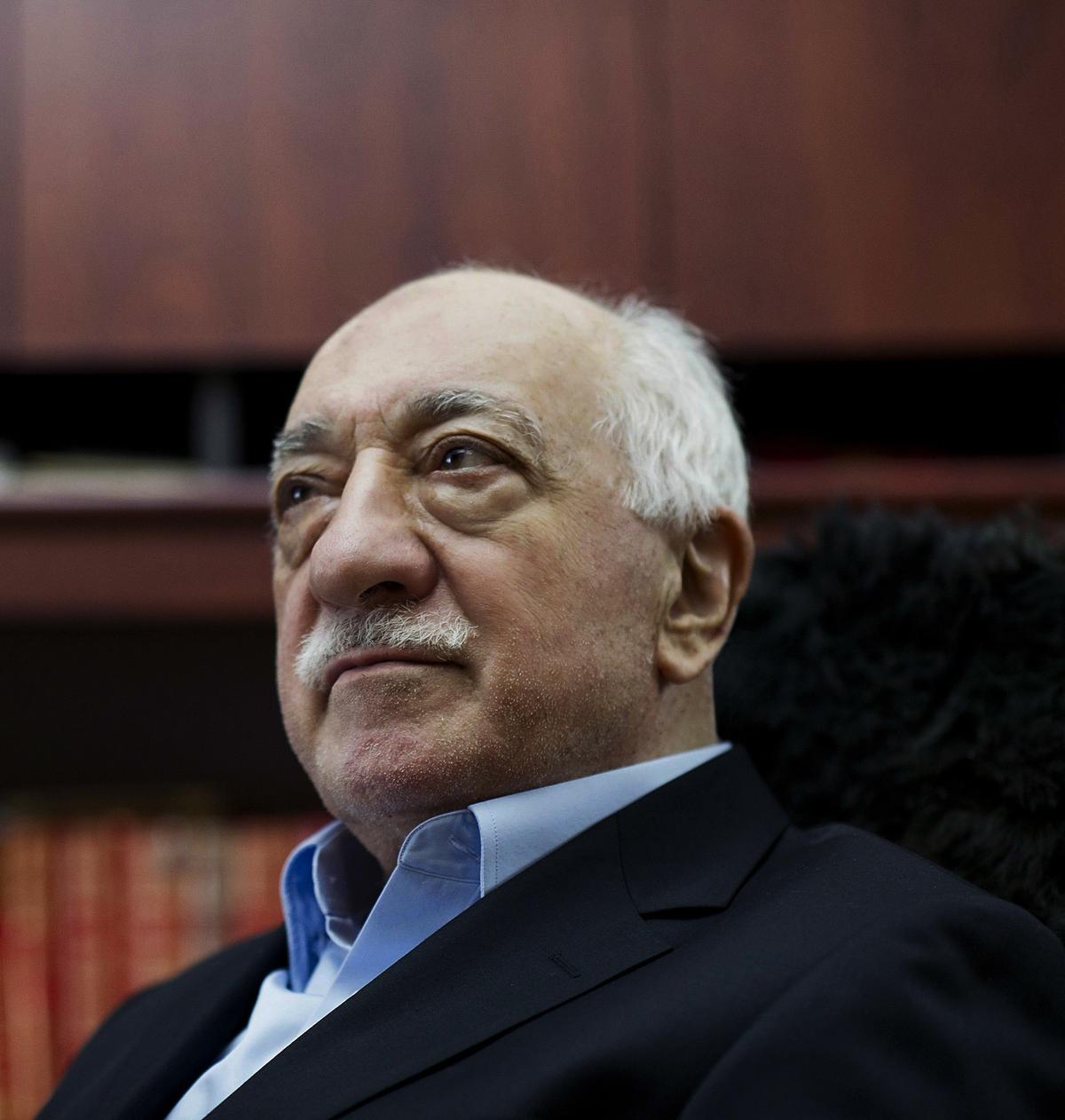ISTANBUL—A Turkish pop singer and 28 other people, mostly journalists, went on trial March 27 for alleged links to a failed coup, highlighting the gulf between Turkey’s assertions that such prosecutions are needed to restore stability and international concerns that Turkish democracy is in peril.
Singer Atilla Tas and the other suspects in Turkey face up to 10 years in prison if convicted of membership in “an armed terrorist organization.” The charges are part of a massive government crackdown that has shuttered more than 100 media outlets and seen the arrests of reporters and editors suspected of having ties to the July 15 insurrection.
Human rights groups say Turkey has jailed about 150 journalists, many of whom were arrested before the botched insurrection, for alleged ties to Kurdish rebels who are fighting the Turkish state. Reporters Without Borders ranked Turkey at 151 out of 180 countries on its press freedom index last year.
While critics say the detentions show that Turkey is becoming more authoritarian, Turkish officials claim the bulk of the journalists were jailed for illegal activities conducted on behalf of enemies of a government facing numerous security challenges in the past year, including the Kurdish insurgency, attacks blamed on the ISIS terrorist group, and the attempted coup blamed on Fethullah Gulen, a U.S.-based Muslim cleric.






